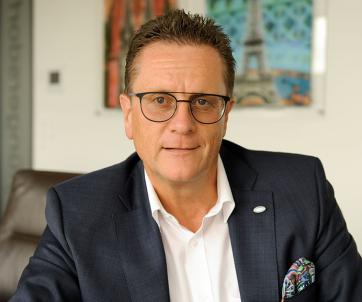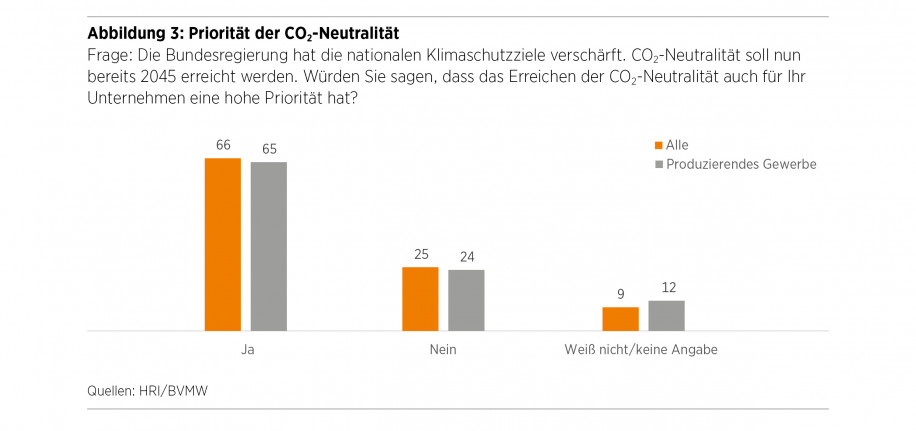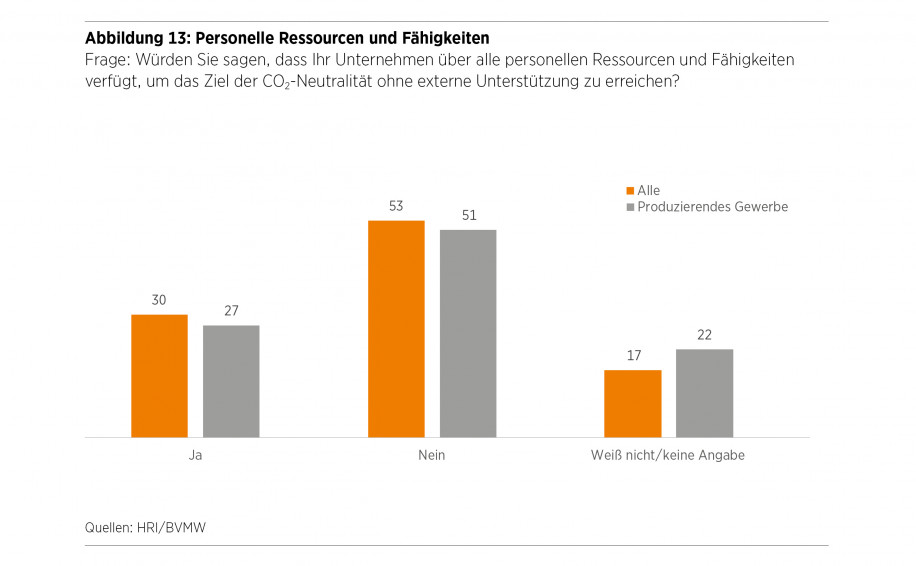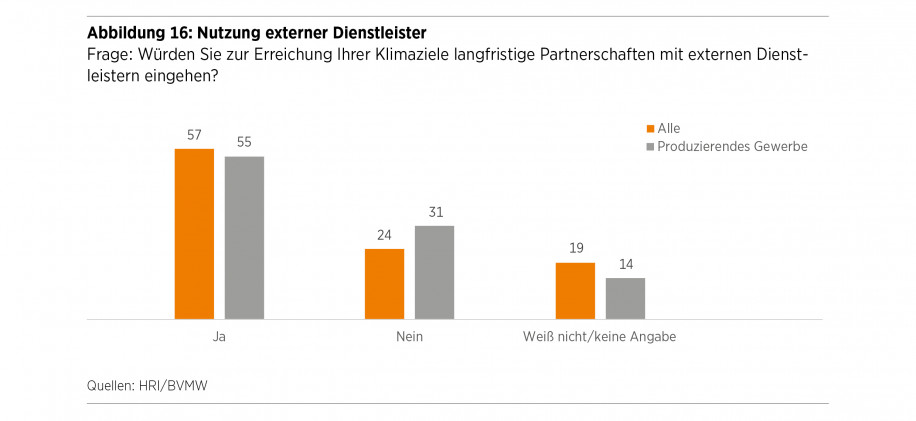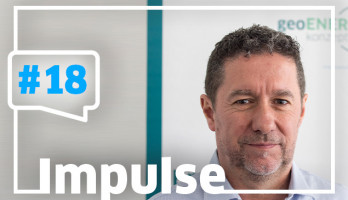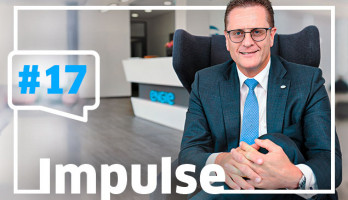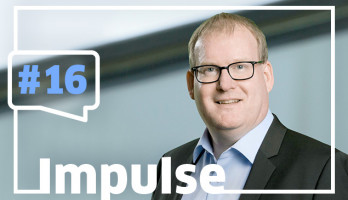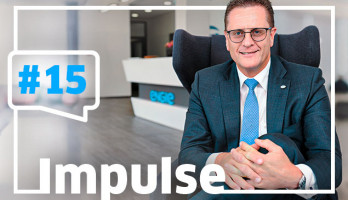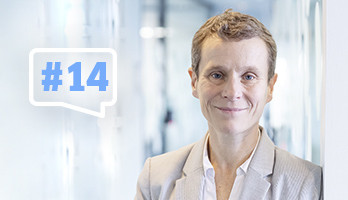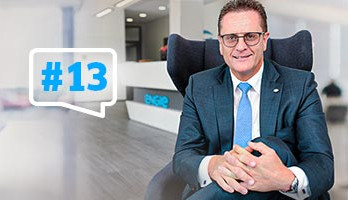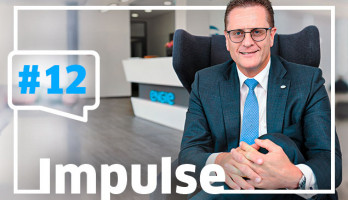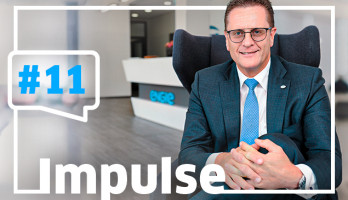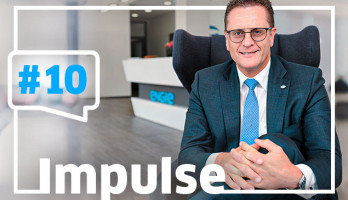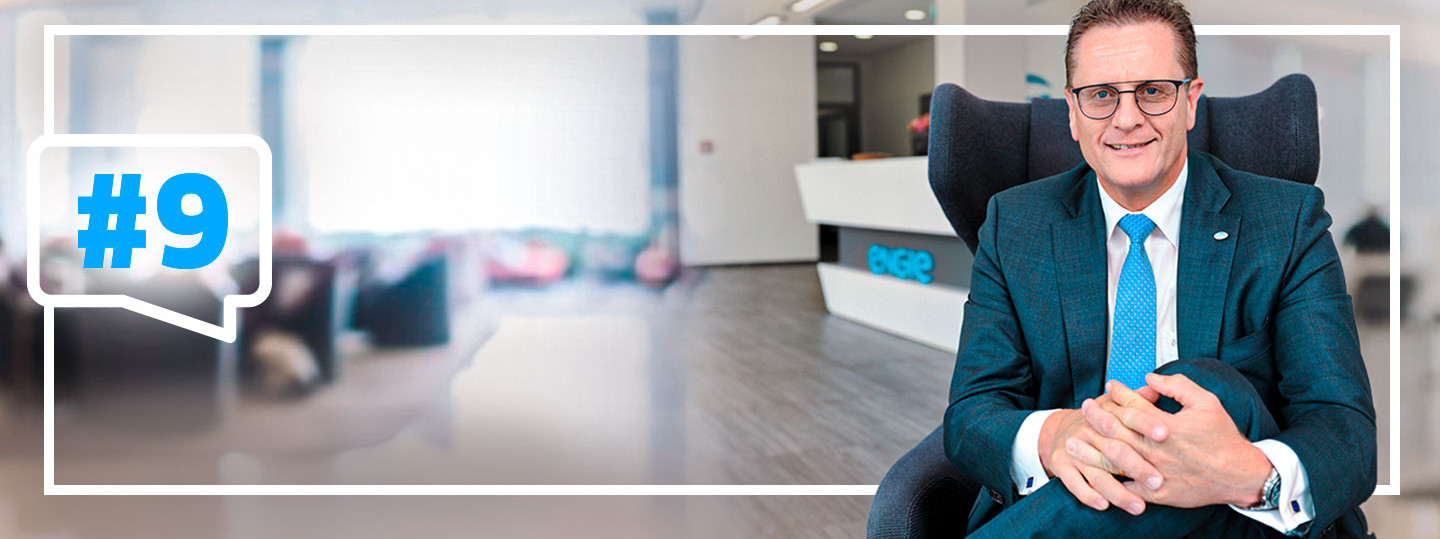
Impulse #9: Climate neutrality as a question of mentality
How can SMEs reliably achieve climate neutrality? We have investigated this question in an empirical study with the HRI and the BVMW. Today, Manfred Schmitz presents the results to you – with important ideas for the future.
"Climate neutrality is the core task of our time. The new HRI study shows that small and medium-sized businesses want to lead the way with ambitious goals. For this, companies are increasingly relying on energy contracting with external partners such as ENGIE Deutschland."
"Medium-sized is not a question of size, but of mentality." This quotation from Heinz Dürr, from 1991 to 1997 head of the German Federal Railways, came to my mind again and again in the past days. At ENGIE Deutschland, we have numerous small and medium-sized enterprises (SMEs) among our customer base. As diverse as they are, my colleagues and I have increasingly noticed a common feature in the past months: Sustainability, environmental protection and climate neutrality are at the top of their agenda. And not only regarding the production of environmentally friendly goods. Sustainability has long since become a competitive factor for small and medium-sized enterprises – and an integral question of mentality. But what my team and I are increasingly feeling: There is great uncertainty among small and medium-sized enterprises. Which measures are the right ones to act sustainably? How and where to start? Is it even realistic to achieve climate neutrality on your own?
Study focuses on small and medium-sized enterprises
For us, these questions were the starting point for conducting an empirical study with the Handelsblatt Research Institute (HRI) in cooperation with the Bundesverband Mittelständische Wirtschaft Deutschland e.V. (BVMW; SME Entrepreneurs Association). Incidentally, nationwide, the first study ever to deal with the topic on this scale. I am therefore all the more pleased that this is now entitled "Climate change policy in the company: Make it or buy it" – and I can tell you about the key findings for the first time today.
Climate targets get SMEs moving
One thing up front: Many of the results empirically support exactly the developments that we at ENGIE Deutschland had already observed in our encounters with our customers. What I find remarkable, however, is the vehemence with which our small and medium-sized enterprises want to promote climate protection. The topic is gaining momentum: According to the study, two-thirds of the companies surveyed by HRI attach high priority to achieving climate neutrality and (tend to) view this goal as an opportunity. And this as an opportunity that is high on the agenda: Almost three quarters want to become climate neutral by 2030.
Climate neutrality: From "whether" to "how"
This objective is extremely ambitious, there is no doubt about it. In particular, since just over two years ago the question of "whether" a company must become sustainable dominated the discourse. Today, it is the question of "how" that most concerns SMEs. For example, the study shows that the greatest hurdle for more than half of the SMEs in terms of personnel and financial resources shortages is to achieve the goal of climate neutrality. They also lack sufficient knowledge of the public funding opportunities for corporate climate protection measures. In other words: Hardly any company can take the necessary steps alone.
Medium-sized companies rely on energy contracting
The question remains as to what a suitable transformation path might be for SMEs instead, in order to be able to realize the targeted time horizon of 2030. The study also provides an answer to this question: As companies cannot adequately implement climate protection measures on their own, more than half are in favor of a long-term partnership with an external service provider to achieve their climate goals. In particular, they are open to contracting models that transfer cost and earnings risks to the service company.
ENGIE guides companies on the path to climate neutrality
It is true that contracting models are by no means new to the market. They have existed for about 30 years. However, in the past, it was mainly public sector institutions that opted for this. According to the study, there are good reasons why contracting is a proven means for small and medium-sized enterprises to exploit climate protection potential quickly and comprehensively. With expert help, it is possible to implement measures in a structured and successful manner and thus achieve ambitious climate targets. At ENGIE Deutschland, we have been supporting organizations for many years, but also companies with different contracting solutions – from the Pinakothek der Moderne in Munich to a school and sports center in Oberhausen-Rheinhausen in Baden-Württemberg to Ritter Sportund Milupa. Personally, I see much more potential here. Why? Because I am convinced that huge efforts will be needed to counteract climate change – in the economy, in society, in politics. There is no way to get around these efforts, even if, for example, the human and financial resources in medium-sized companies do pose a challenge. Then we have to find alternative, suitable, good solutions – this is what ENGIE Deutschland has developed with the "Real Zero" step plan for companies, for example. We need to work together to be able to manage this great task. If my team and I can support you – for example in terms of contracting – we are happy to advise you.
Dear readers: how do you rate the study results? Where do you see further hurdles – and where do you think the opportunities lie for SMEs? What path do you take with your company on the way to climate neutrality – make it or buy it? I look forward to exchanging ideas with you via manfred.schmitz@engie.com!
warmest regards
Your Manfred Schmitz
CEO ENGIE Deutschland
Our Expert
